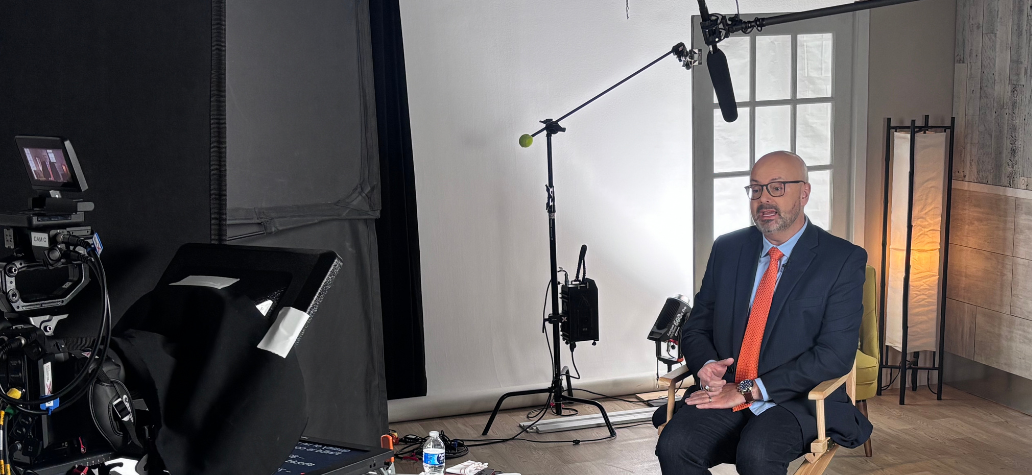What is the Educational Cost of Mandating Personal Finance Education?
NEFE's return on investment (ROI) research into course requirements for K-12 students was further substantiated by new work from Carly Urban, Ph. D., professor of economics at Montana State University's Department of Agricultural Economics and Economics. Urban's research demonstrates that requiring standalone high school personal finance courses significantly improves student financial outcomes with a high likelihood of not increasing district spending or staffing needs.
Urban is also a research fellow at the Institute for Labor Studies, a fellow at the TIAA Institute and a faculty affiliate at the Center for Financial Security at the University of Wisconsin-Madison.

